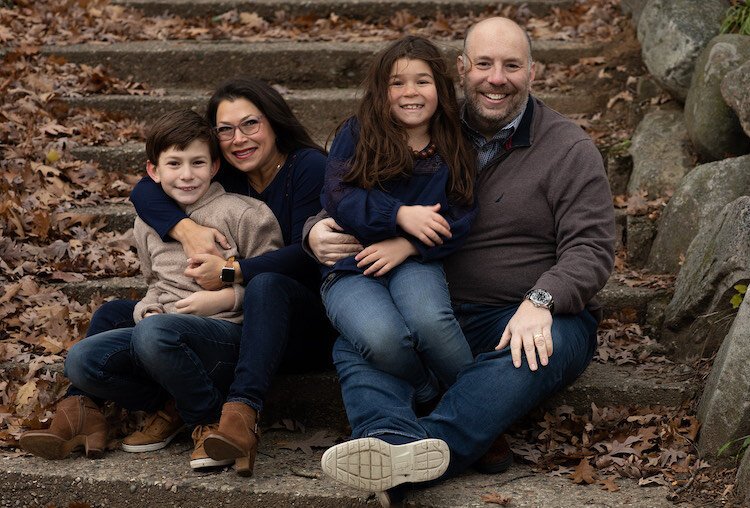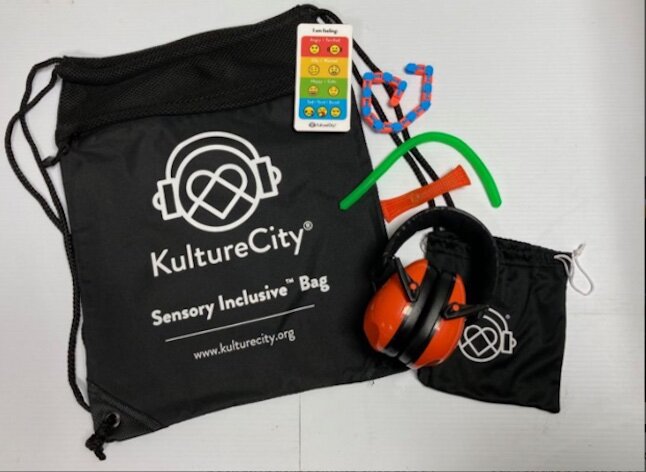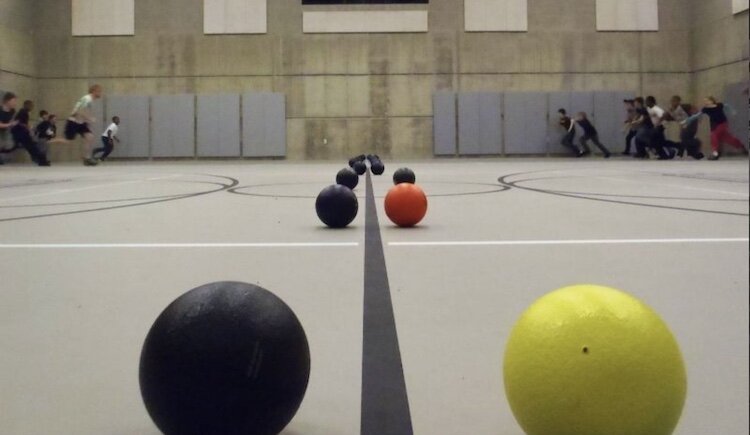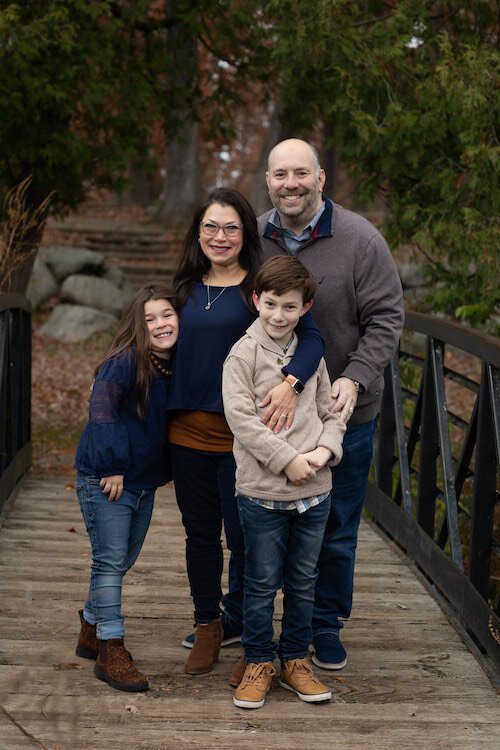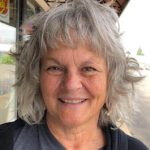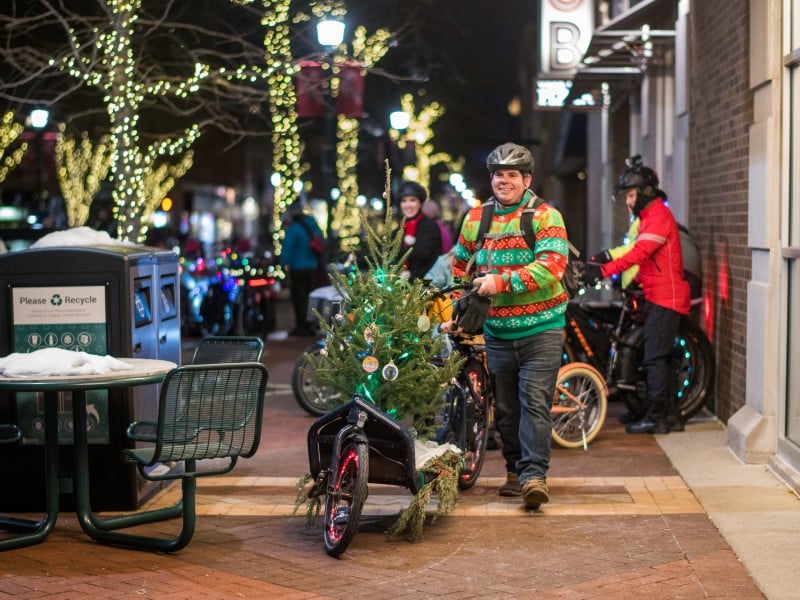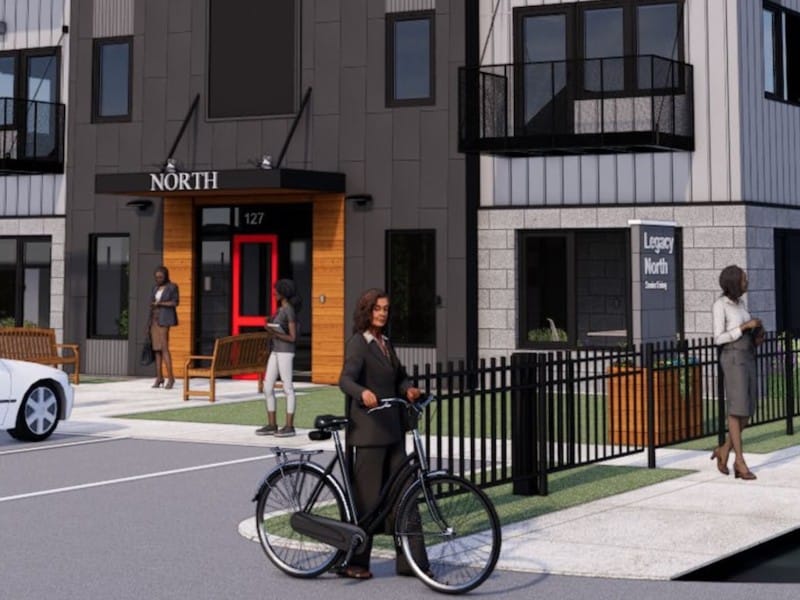KultureCity teams up with YMCA camp to help bring summer camp to kids with sensory needs
Challenges vary from child to child and the sensory difficulties kids may experience in a camp setting include noise, crowds of kids in a shared space, transitions from one activity to another, spoken directions with no visual cues, and the lack of a quiet space to take a break. Moms have worked with Sherman Lake YMCA to help.
When it began in 1995, Sherman Lake became the newest YMCA Camp in the state of Michigan. Now Sherman Lake YMCA Outdoor Center in Augusta becomes the first YMCA in the country to train and become sensory-inclusive, thanks to a new partnership with KultureCity, a non-profit organization recognized throughout the nation for its work on behalf of people with sensory needs or those with invisible disabilities.
Angela Gross’s 12-year-old son will be one of those campers this season. Gross and two other mothers, Allison Weiner and Xiomara Qte, have worked with camp staff to help implement the changes that may help make children like theirs have a more successful camp experience.
“The fact that Sherman Lake is taking these steps shows me they are serious about changing some of the ways they do things so more kids can experience their programs, and that is huge,” Gross says.
“Camp can bring out the best, and also the worst, in our kids,” says Weiner, who has worked with the other moms since last June to make Kalamazoo-area camps more appropriately designed for and supportive of kids with special needs.
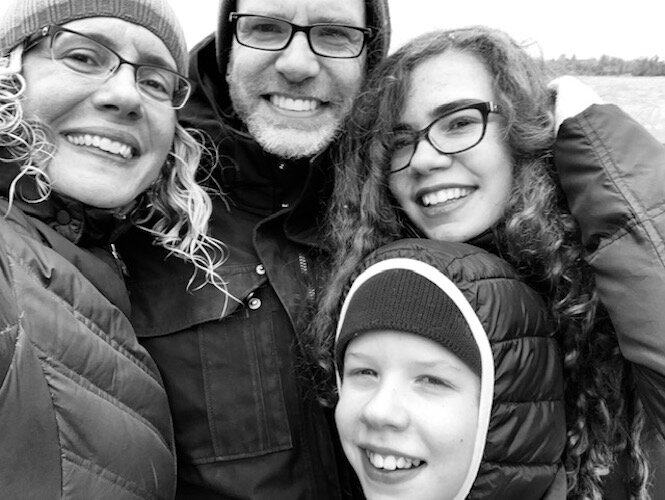
Although challenges vary from child to child, the sensory difficulties kids may experience in a camp setting include noise, crowds of kids in a shared space, transitions from one activity to another, spoken directions with no visual cues, and the lack of a quiet space to take a break.
Weiner’s son Jonah, 9, is on the autism spectrum, she says, “insanely brilliant but socially and emotionally delayed.”
His diagnoses include childhood apraxia, sensory processing disorder, hypotonia, Motor planning, and coordination issues.
He has trouble with loud, chaotic assemblies such as check-in, check-out, or bus rides, anxiety in new situations, and with loud noises.
“He needs breaks with ‘alone time’ so he can decompress,” Weiner says.
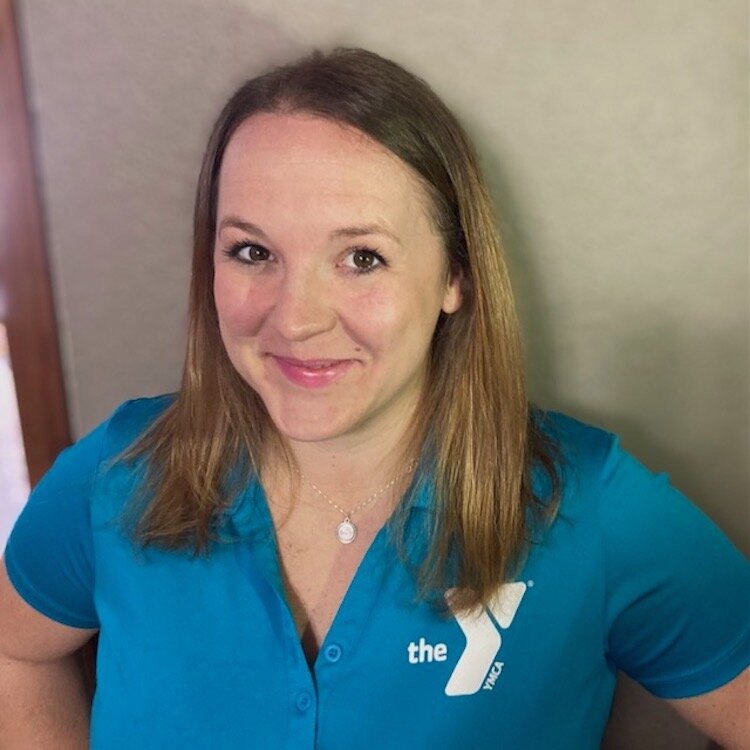
Water safety is also a challenge, she says— a 2017 study showed children with autism are at extremely high risk of drowning compared to other kids.
Those are the sorts of considerations staff members at Sherman Lake are now trained to expect.
“Our goal is to not just be inclusive to different needs, but to create an environment of belonging” for all children, says Alexandra Kinney, summer camp director at Sherman Lake.
“That best happens when kids of all abilities and needs are learning and playing together.”
KultureCity’s training focuses on instilling understanding, acceptance, and empathy toward those who have sensory needs, and since its inception the nonprofit has created more than 700 sensory-inclusive venues in four countries with personnel trained on interacting with individuals who have sensory needs or invisible disabilities.
Locally, those include Binder Park Zoo in Battle Creek and Gull Meadow Farms in Richland.
At the zoo, and at most places currently partnered with KultureCity, children are attending with their families, “so they have the family physically there for support,” Kinney says.
A step in independence
Summer camps may be a child’s first independent activity.
“Yes, camp without mom is scary,” Weiner says. “We combat that in our family by sending Jonah to a few camps with his younger sister (she is 7 and neurotypical, with no special sensory needs). When possible, I ask that they be grouped together, despite the 2-year age difference. That little change gives him the familiarity he might need to be more participatory.”
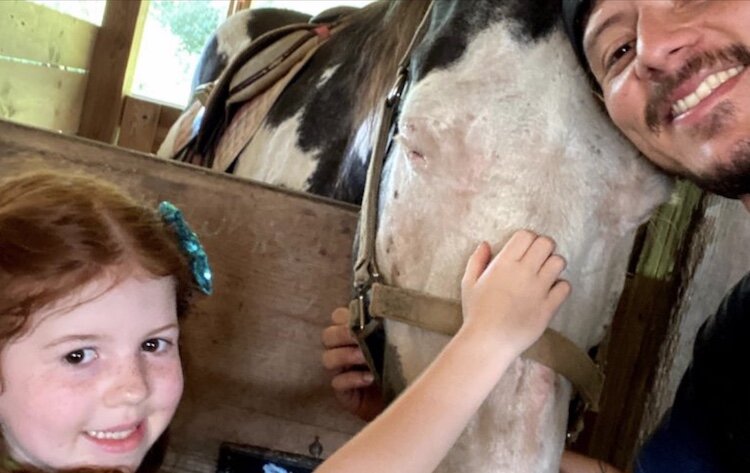
Gross says, “Summer camp is scary for any parent when it’s their child’s first time, and if that child has special needs, it can be especially scary. Some of my specific concerns center around whether or not there will be people present that will take the time and make the effort to work with my child who learns differently from neurotypical kids. I worry about his behavior being misconstrued as disobedience, and I worry about him being bullied by other kids.”
She also worries her very literal son may not understand idioms or phrases used at camp, or be able to keep up with directions or conversation in the camp setting.
“My son needs a bit more time to process what is being said to him, and then needs more time to formulate an answer. Conversations take place at a pretty rapid pace, typically, and it can be hard for him to keep up,” Gross says. “When that happens, he can sometimes get upset, and/or shut down.”
Weiner has similar concerns.
“Some of my specific concerns included safety, being bullied or made fun of by peers, staff failing to understand his needs,” she says. “There are probably about 254 more I could list.”
The adults at Sherman Lake will likely understand.
At this time, all full-camp Sherman Lake staff have completed the training—six full time and 15 seasonal staff members as well as the integrated education staff who work with the camp’s school programs.
When summer camp begins, about 80 seasonal staff will go through training as well. “Moving forward with each seasonal staffing change,” Kinney says, “this training will be included for all staff.”
In addition to the training and certification of staff, Sherman Lake received sensory bags with tools such headphones and fidget spinners to help campers manage sensory overload situations. An emotions card can help campers tell the counselor how they are feeling.
“The sensory bags are great,” Weiner says. Her son often uses the noise-canceling headphones and fidgets at home.
When campers need a break or a quiet space, there are designated quiet areas throughout the camp, depending on what activity the group is doing, Kinney says.
All of these resources are very helpful, Gross says. “The training and the support items are important steps toward greater inclusion so that kids like mine can succeed in a summer camp setting.”
Not just for special needs
Binder Park Zoo has been certified with KultureCity since 2020. “That particular training has given zoo staff the ability to recognize guests with sensory needs as well as handle a sensory overload situation,” says Leslie Walsh, Binder Park’s director of marketing and development.
Icons on the zoo map and signs on zoo grounds are additional features that help inform guests with sensory needs about special areas that can make their visit more comfortable and enjoyable.
“Our goal is to provide the best zoo experience possible for all guests, and our KultureCity training helps us deliver that—which serves our mission to Connect, Inspire Conserve,” Walsh says.
And as helpful as staff training and resources will be to campers with special needs, every camper will benefit. There’s value to all kids to help them succeed together.
After all, Gross says, the world is full of diverse people, and there are countless ways to be.
“It’s good for my child to be among neurotypical peers since he will encounter them his entire life. It’s also good for his peers to spend time with neurodiverse people, since their numbers are growing, and this can lead to greater empathy, understanding, hopefully less bullying and lessons on building relationships with people who may not be like you in some ways, while at the same time showing everyone that we all share certain needs.”
The training and support Sherman Lake has undertaken helps special needs children enjoy the experiences other children do.
There may be some bumps along the way but Kinney says the camp will work with families to tweak programs as needed.
“Being the first summer camp that is partnering with them, there will be some learning curves in the total implementation and we’ll adapt as needed,” Kinney says.
Prior to attending camp, families can view Sherman Lake YMCA’s social story on KultureCity here to help prepare their child for their camp experience.
“Kindness spreads, at least that’s what we teach, so why not help move it further along?” Weiner says.
“Allowing kids to meet each other in an environment of social enjoyment like a summer camp is a great way to help foster friendships that are maybe a little tougher for our kids to generate.”
Camp director Kinney agrees, and says she appreciates the mothers’ advocacy.
“We have worked with moms that all have children with various needs who have been advocates within this community,” Kinney says. “They’ve made some awesome strides and I’m super excited for all the progress they’ve helped organizations like us make!”
Summer Camp registration is open now and the first camp starts the week of June 19. Camps run through Aug. 19.
Sherman Lake YMCA Outdoor Center is an inclusive organization that welcomes all persons regardless of race, color, national origin, sex, religion or disability. Our Mission is – The Sherman Lake YMCA Outdoor Center puts honesty, caring, respect, and responsibility into practice through programs that build healthy spirit, mind and body for all.
More about sensory friendly environments:

